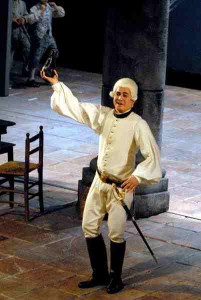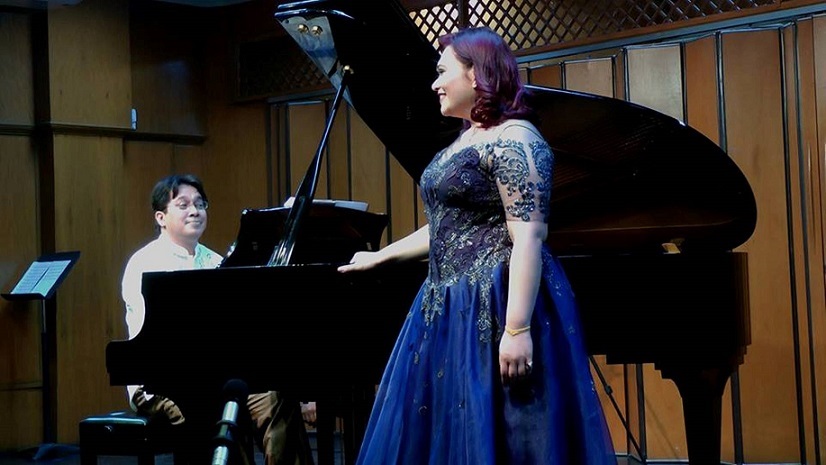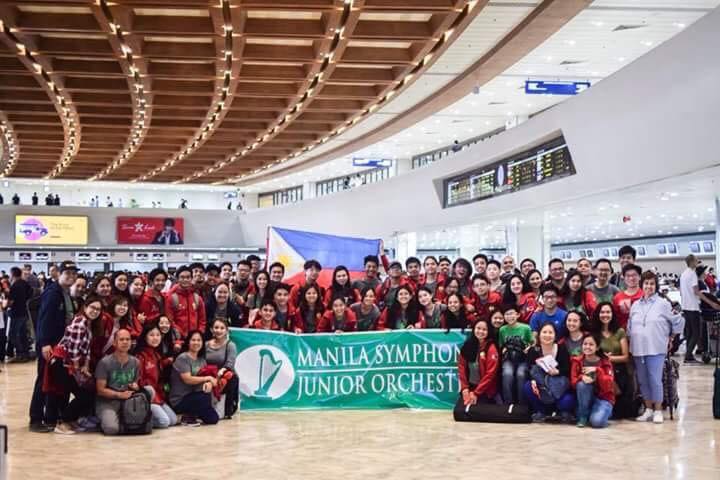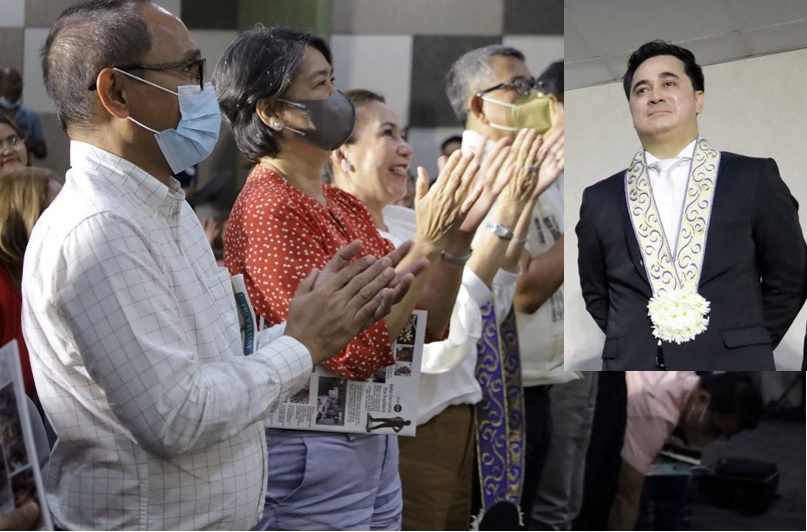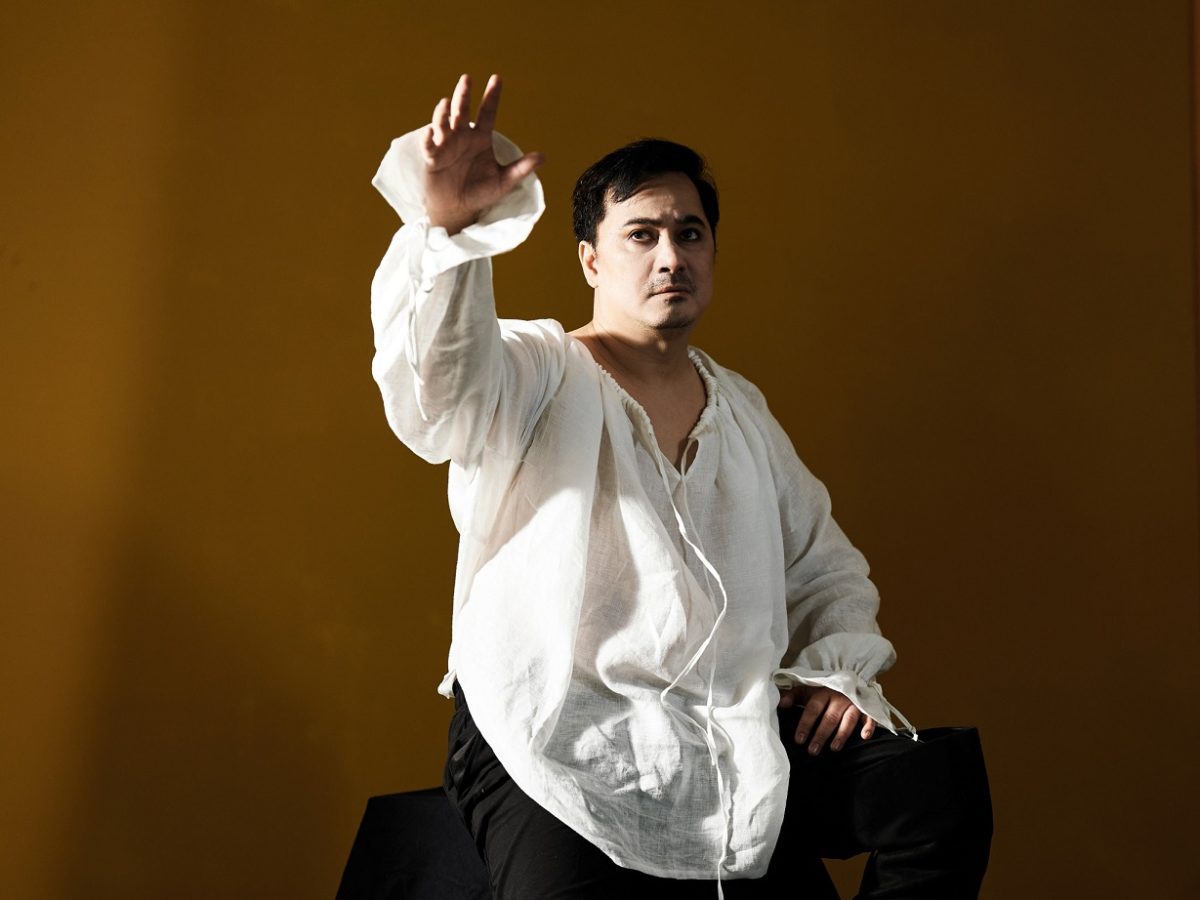The last three months were constant, if, extreme, challenges for the country’s foremost tenor.
Arthur Espiritu has wrapped up the remaining German engagements for Lucia di Lammermoor at Opera Leipzig, sang Roberto of Leicester in Donizetti’s Maria Stuarda with Irish National Opera in Ireland.
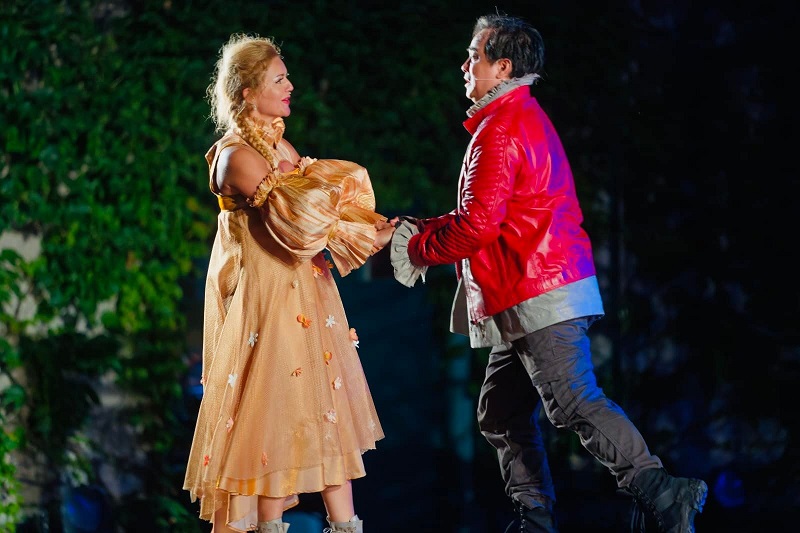
The crowning moment was his unforgettable debut at Concertgebouw in Amsterdam and a reprise of Gounod’s Romeo et Juliette with Varna State Opera Summer Festival in Bulgaria.
He finds Varna such a beautiful port city that sits by the black sea. It is quite very close to Istanbul in Turkey. “The people and my co-artists were so nice and so welcoming. People are so much more relaxed and are enjoying their lives spending time by the beach, going out to eat, meeting other great new friends. I had a great time with the audience. They are so welcoming, warm, and honest people. It is a great place to spend your vacation time in. Also to sing and have fun. The singers are quite great and talented. The people there have so much hope and a certain feel of calmness in them. It made me feel relaxed the whole time without any stress.”
Still singing during the time of the resurging virus had its difficult moments. If a singer gets it, it’s goodbye to engagements. “That’s the obvious reality. But quite recently, people have been learning how to live with it. With vaccines and declining figures in hospitalization and death from the virus, people are more optimistic. There is no other way but to face it head on and just deal with it as it goes. I have been asked to jump in on several productions because some people have been testing positive and had to cancel.”
He has learned to cope even if it means staying home all the time. “I wear a mask indoors unless I know the people I work with have been tested. I test myself every time I go to rehearsals and wear a mask during rehearsals.”
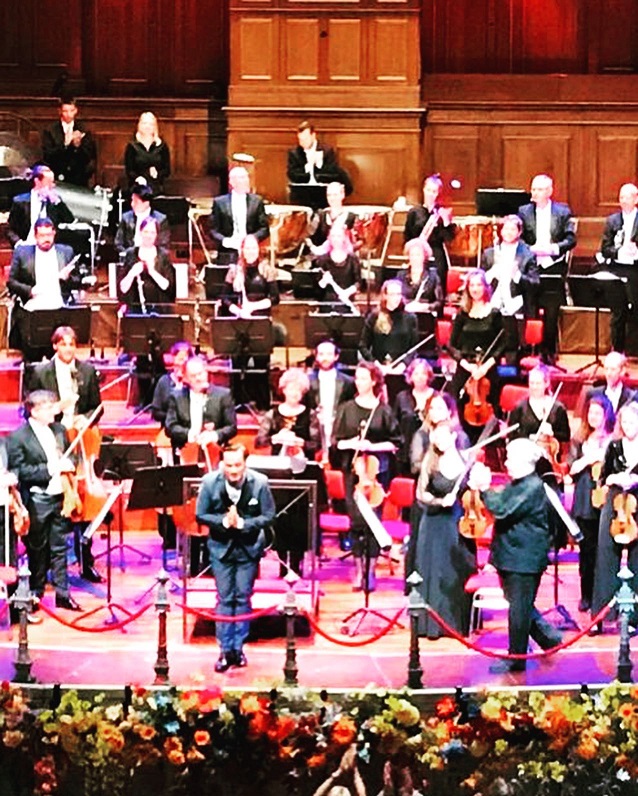
To be sure, every country has different rules and regulations he tries to abide by them to keep him performing. “I still am very scared because the probability is quite high. Working with orchestra, chorus, directors, staff, stage hands, hair and make up and assorted managers within the same building is quite scary. Sometimes I get emails and phone calls that one of the people in the building has tested positive and had to be replaced by someone else. You hope that it won’t be you but you have to be ready for that inevitability. You put yourself at risk every time you go out there. I have no other choice but to do it. It is my livelihood.”
Meanwhile his voice has gone through several transitions. “I had the luck of having been able to switch from bel canto to verismo to the romantic-heroic styles of singing. When singing bel canto, you have to maintain a certain definitive vocal brilliance and stamina. You have to make sure you can do all sorts of coloring, phrasing styles, versatility on different vocal registers, and of course having the confidence in your own voice with so much trust. With verismo, you have to make sure that you are sound and involved the entire time with your emotions. You have to stay in character and have enough power reserved for the punchy parts of the score. It helps with the singing. Romantic style requires you to be more comfortable within the confines of the composition. You have to stay true to the score and not deviate and improvise (a little improvisation can be allowed). I have to remember my formal training so much more and having the experience of performing these different styles, I can navigate my own voice through these different roles whether it’s bel canto, verismo, romantic/heroic roles. Being able to go to different styles of singing, makes me feel so lucky to have been able to do them. The conventions of trying to limit yourself to stay in one voice classification can sometimes be crossed over. So long as you keep singing these different roles with your own voice.”
But the big bonus is working with excellent conductors with different ideas that worked.
He had Antonino Fogliani in Lucia and Svetoslav Borisov in Romeo et Juliet.
The tenor recalled: “They were both so talented and have different approaches during the productions. Same with Fergus Sheil in the run of Maria Stuarda. The staging of Lucia di Lammermoor by actress Katharina Thalbach was quite interesting. It stuck with the timeline and yet managed to instill a good flowing drama. As with any Donizetti operas, sometimes it is quite hard to stage with all the concertate moments and aside individual monologues happening at the same time.”
Among her leading ladies, he singles out Tara Erraught as Maria Stuarda as one of the most interesting. “She is very sure of what she is doing and has a good idea of where she wants to go as an actress besides being a super talented and versatile singer. Often sung by sopranos, her mezzo soprano sounded so much better with the orchestra without the overly high notes that the likes of Joan Sutherland, Gruberova, Devia sang.”

For now, it is family time for the tenor until October. “Besides studying for coming engagements, I am now trying to make up for lost time with my family. The kids especially. They of course will ask, ‘Why do you have to leave all the time?’ And my heart skips beat. There really isn’t any magic pill to make them forget the times they have without you. All you can hope for is that you are there with them when the time permits. Missing them while I’m away has been so hard for me. And I’m sure it’s so much harder for the kids. That time you spent away, you cannot bring it back or even turn back the hands of time.”
